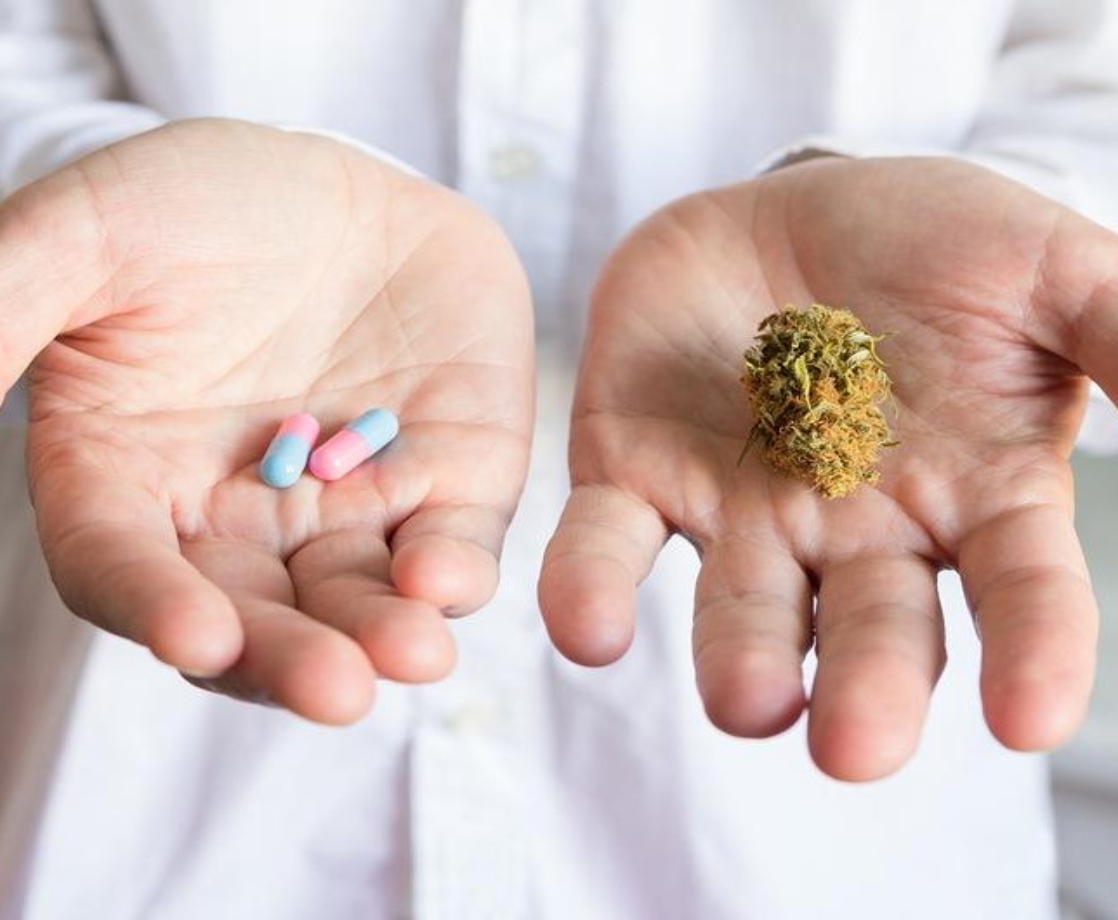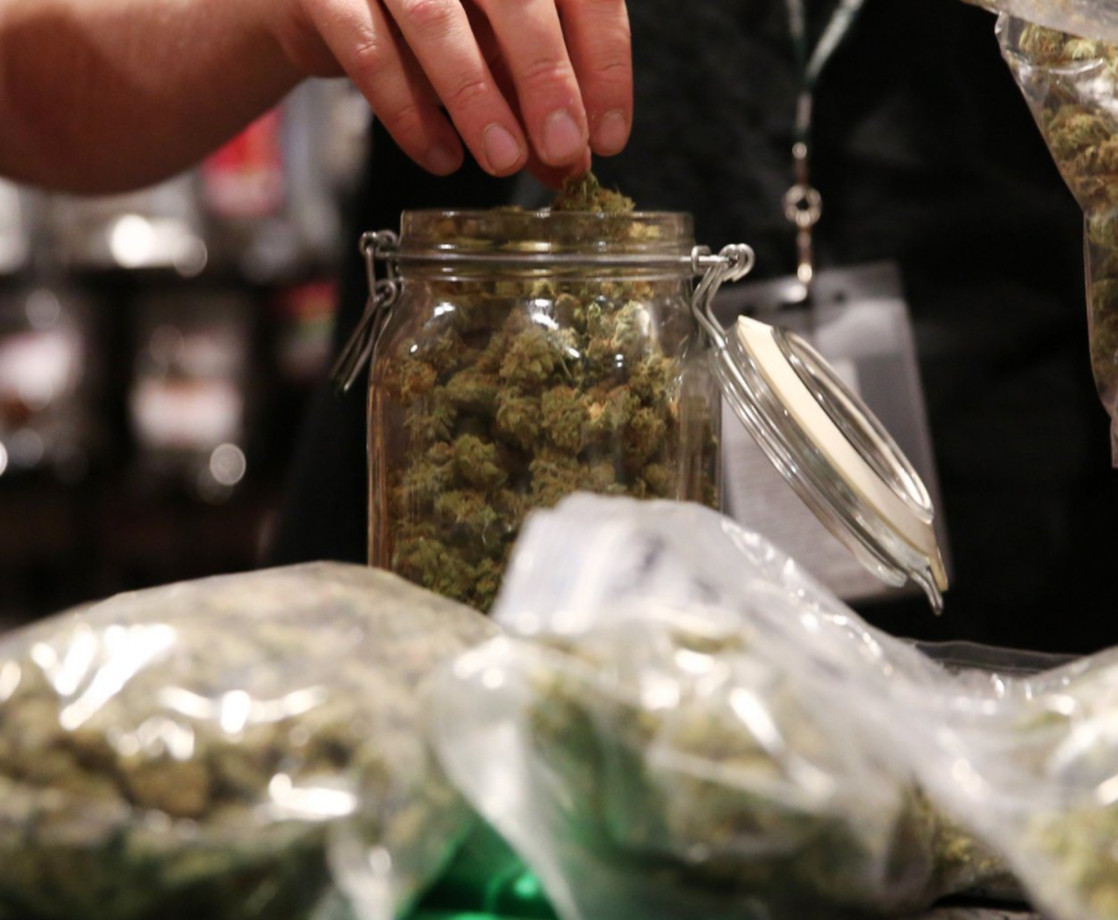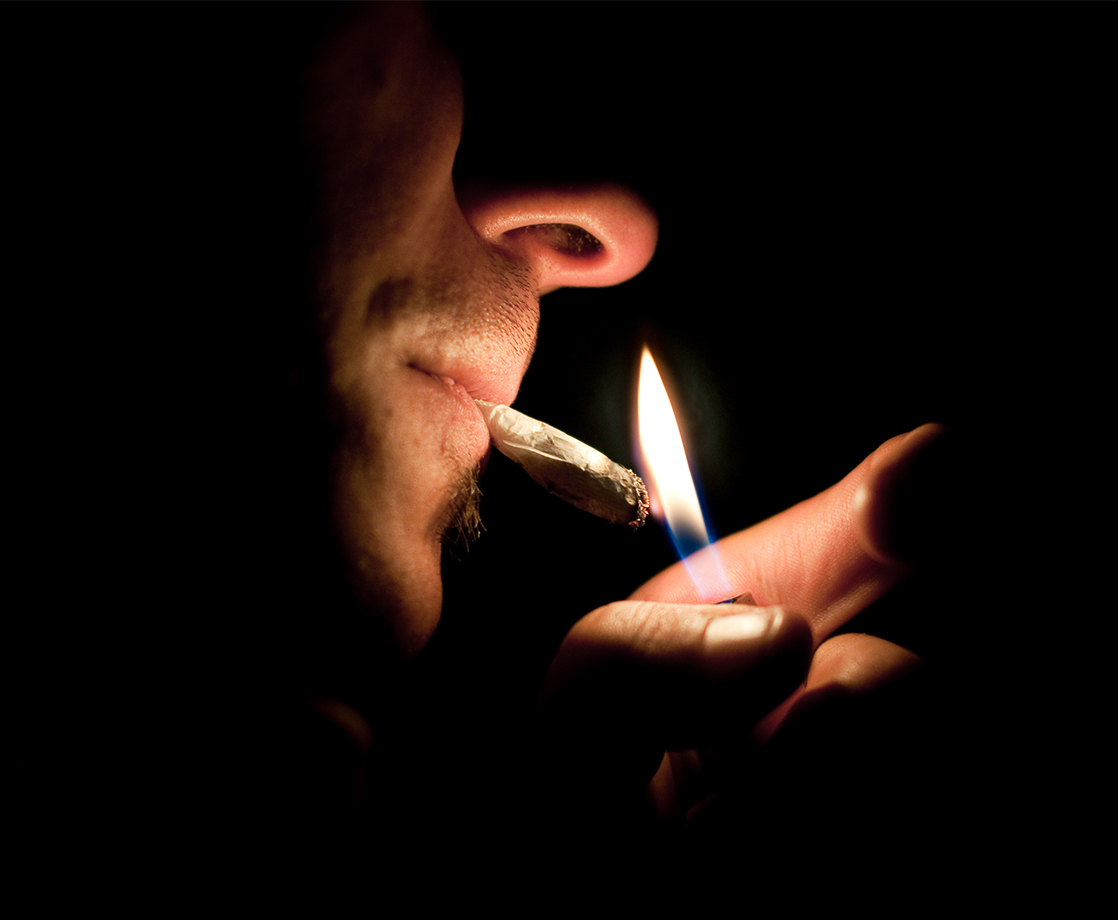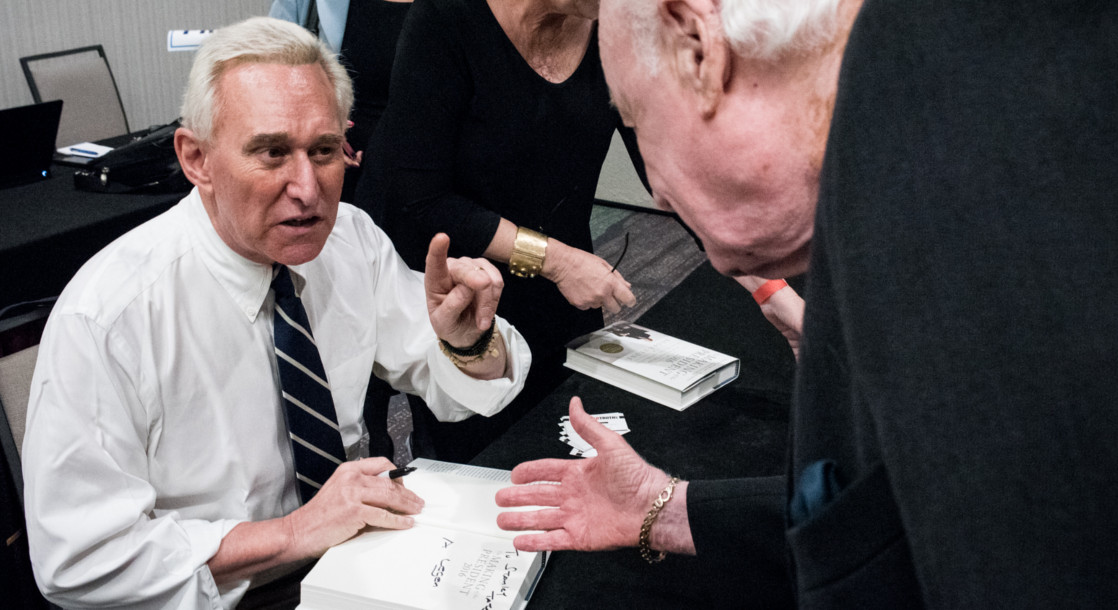Rates of certain opioid prescriptions are as much as 20 percent lower in states with legal medical cannabis than in prohibition states, a new study has found.
The study, recently published in the Journal of the American Academy of Orthopaedic Surgeons, explains that while “opioid prescriptions and abuse remain a significant national concern… cannabinoids offer a potentially attractive nonopioid analgesic option for orthopedic patients.” The authors also note that “orthopaedic surgeons are among the highest prescribers of opioids, highlighting the importance of providing nonopioid analgesic alternatives in efforts to reduce opioid use in the patient cohort.”
Researchers from Columbia University’s Irving Medical Center used Medicare Part D prescription drug data to determine whether rates of opioid prescriptions were declining in states with access to medical marijuana. The study measured annual aggregate daily doses of opioid medications prescribed by orthopedic surgeons in every US state (and Washington DC). The researchers then compared annual prescription rates in states with medical cannabis laws (MCLs) to those without.
The researchers found that orthopedic surgeons in MCL states prescribed an average of 144,000 fewer daily doses of opioids than their counterparts in prohibition states — a significant reduction of 19.7 percent. Looking deeper into the statistics, researchers also found that states with access to medical marijuana storefronts had a 13.1 percent reduction in daily opioid prescriptions. MCLs were also linked to a significant reduction of 72,000 daily doses of hydrocodone.
The study also reports that the lack of consistency among individual states’ medical marijuana laws influenced the findings of the research. States that prohibit access to high-THC products did not experience significant reductions in opioid prescriptions, compared to prohibition states. Researchers also found no evidence that opioid prescriptions declined significantly in adult-use states or in medical marijuana states that allow home cultivation.
“Although our study does not support a direct causal relationship, these population-level findings show that legalization of medical cannabis and patient access to dispensaries may be associated with reductions in opioid prescribing by orthopaedic surgeons,” the authors concluded, according to Marijuana Moment. “The observed trends reported in this study may be a reflection of growing availability of alternative pain management options for patients.”
The researchers explain that their conclusions are limited by the fact that the data didn’t track the exact doses of medical marijuana or opioids being used. For this reason, the researchers were not able to draw specific conclusions about the direct effect of substituting cannabis for opioids. “As such, our study does not draw conclusions of direct causation, but reports observed associations over time using a nationwide cohort database and multivariable regression analysis,” the authors explain.
Although the present study found no link between adult-use legalization and opioid use, a study just published in the International Journal of Environmental Research and Public Health found that opioid prescriptions declined by over 30 percent in Colorado following the legalization of recreational pot.
Dozens of other research studies have also found that medical cannabis can be an effective treatment for chronic pain and can help patients wean themselves off of addictive opioid medications.
In 2018, another study linked MCLs to decreases in opioid use and Medicaid spending, and other studies have connected legal medical pot to decreases in opioid prescriptions as well as legal and illegal opioid abuse. Other studies have found that patients suffering from chronic pain have been able to reduce or quit their opioid use after beginning medical cannabis treatments, and a more recent study found that nearly 75 percent of patients said medical pot helped ease the symptoms of opioid withdrawal.











